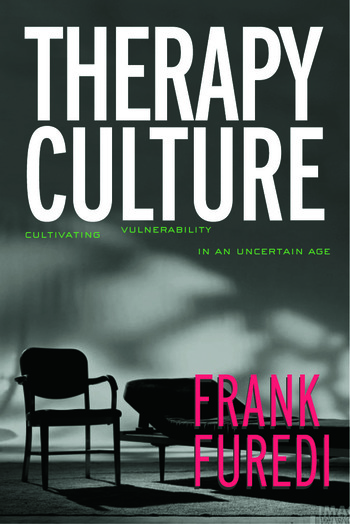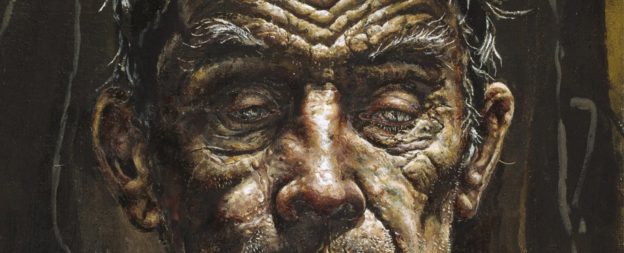NEW COLUMN is “AOC’s Coven of Spitting, #MeFirst Cobras Comes To Congress” is now on WND.COM, The Unz Review, Townhall.com and the great American Greatness.
The column debuted on CNS.News.
Excerpt:
The media scrum framed the Trump impeachment circus, round two, as an “emotional” affair.
Headlines homed in on the “emotion” surrounding the trial. “It Tears at Your Heart. Democrats Make an Emotional Case to Senators — and America — Against Trump,” blared one of many hackneyed screamers, this one from Time.com.
The case made by the managers “was both meticulous and emotional,” came the repetitive refrain.
Democrat Jamie Raskin, a representative from Maryland and a lead impeachment manager, sniffed “emotionally” as he related what to him was a heartbreaking tidbit: His (privileged) daughter expressed fear of visiting the Capitol again, presumably because of the January 6 fracas. That made Jamie cry. And when Jamie Raskin cries, normies outside Rome-on-the-Potomac laugh. Uproariously.
Impeachment managers had warned all present in the Senate Chamber that evidentiary footage would be upsetting. Their presentations were “intentionally emotional,” intoned CNN’s Dana Bash, who had paired up with one Abby Phillips for the “solemn” affair. Phillips’ “coverage” of all things Trump, in scratchy vocal fry, was a reminder that the Left’s “empaneled witches and their housebroken boys are guided more by the spirit of Madame Defarge than by lady justice.”
A lady in an armadillo outfit emoted a lot. She was impeachment manager Stacey Plaskett. Although not particularly fashionable or feminine, there was a ton of “emotional” praise on the Internet for Plaskett’s attire. Armani’s armadillo apparel was certainly a preferred distraction to the decibels of weepy rage emitted over the Trump protest.
The “intentionally emotional” affair, the last impeachment trial conducted by the Senate, had been preceded by an even more “emotionally” bizarre “healing” coven in Congress, led by the representative from New York, one Alexandria Ocasio-Cortez.
Ocasio-Cortez set up an hour-long primitive, ritualistic session conducted, putatively, to purge the pain over the January 6 protest on the Capitol.
Early in February, a coven of “prominent Democratic lawmakers, including Reps. Ayanna Pressley (Massachusetts) and Rashida Tlaib (Michigan),” joined Ocasio-Cortez in forcing such a session, with the aim of “creating space for members to talk about their ‘lived experience’” during that Capitol Hill riot.
Big League Politics, a news website, was incredulous, reporting that “congress [had] devolved into an AOC-led therapy session,” during which “House members cried while detailing their ‘lived experiences.’”
This American “thought” leader, Ocasio-Cortez, and her “harrowing” ordeal dominated the corporate press as well.
Here are some of the histrionic headlines as to what befell Congress’s queen of #MeFirst solipsism.
See if you can spot the operative word that animated the writers’ impoverished text:
“AOC reveals more personal details in new harrowing video …”
“AOC shares harrowing Capitol riot experience, reveals she’s a victim of …”. …
… READ THE REST.
NEW COLUMN is “AOC’s Coven of Spitting, #MeFirst Cobras Comes To Congress” is now on WND.COM, The Unz Review, Townhall.com, on CNS.News, and the great American Greatness.




